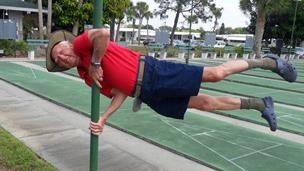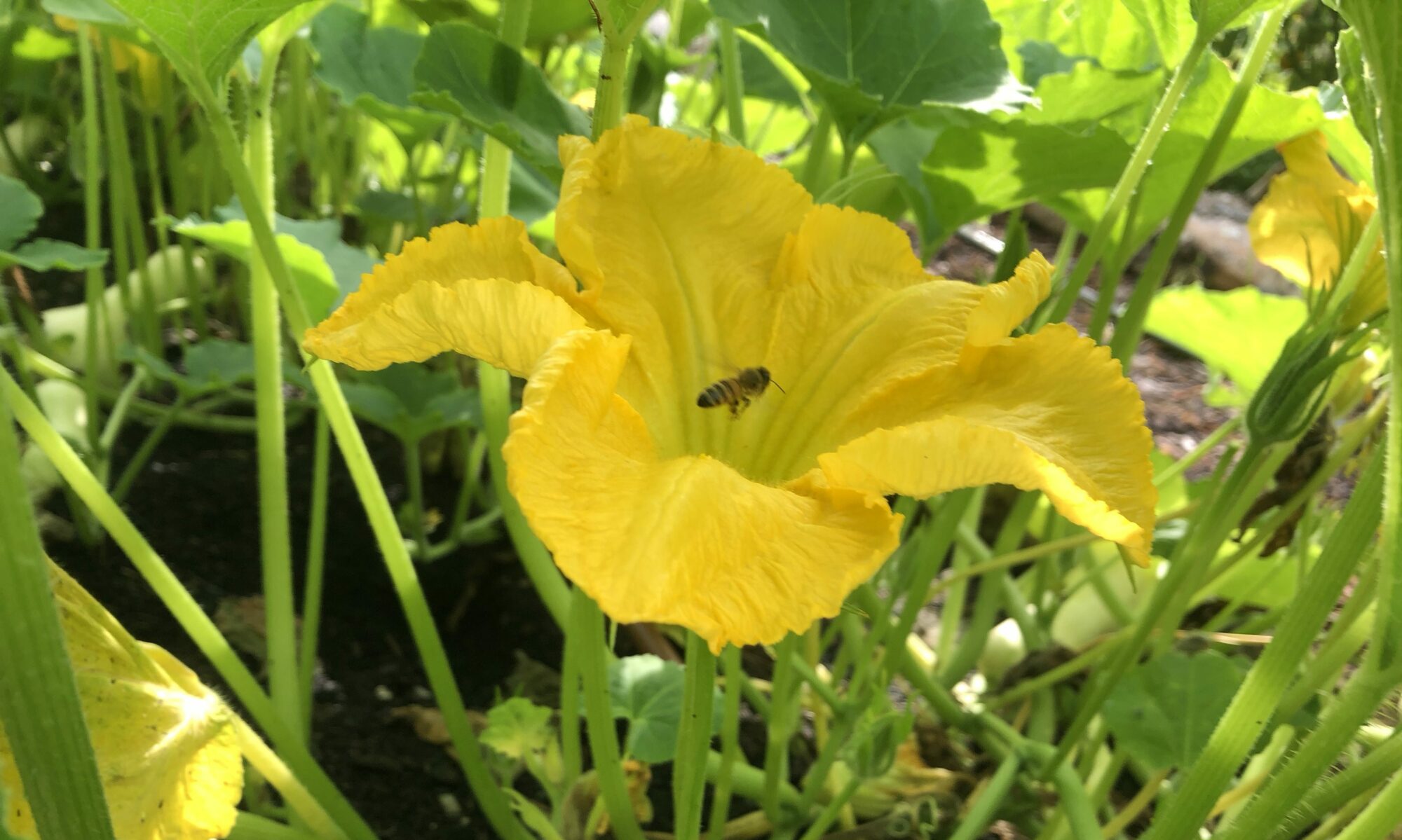 I’ve recapped 3 studies that I read recently related to protein and bone density. They are showing animal protein is associated with less bone loss. These conclusions were based on studies that asked people what they ate (not the ideal form) and seeing how many people broke hips, or who had bone density measurements done. Instead of popping calcium pills, we may be better off popping protein pills (just kidding!). Just eat your turkey breast, salmon, sardines, eggs, and pork loin and liver. Along with your veggies, of course!
I’ve recapped 3 studies that I read recently related to protein and bone density. They are showing animal protein is associated with less bone loss. These conclusions were based on studies that asked people what they ate (not the ideal form) and seeing how many people broke hips, or who had bone density measurements done. Instead of popping calcium pills, we may be better off popping protein pills (just kidding!). Just eat your turkey breast, salmon, sardines, eggs, and pork loin and liver. Along with your veggies, of course!
Milk has a strangle hold on the strong bones campaign. You don’t have to believe the hype though. They just have really good marketing. Real science is starting to shed light on the facts.
The first study goes as far to say that “the risk of hip fracture was not related to intake of calium or Vitamin D, but was negatively associated with total protein intake.” Meaning the more protein, the less risk of hip fracture.
The second study specified that “for every 15g/day increase in animal protein, bone mineral density increased,” and continues on to point out “a negative association between vegetable protein and bone mineral density was observed.”
Lastly, the third study states that “lower protein intake was significantly related to bone loss,” and “higher intake of animal protein does not appear to affect the skeleton adversely” since they were studying the idea of whether or not excess protein “may be associated with negative calcium balance.”
Recap:
Study 1 says more protein is associated with less hip fractures.
Study 2 says more animal protein is associated with better bone mineral density and more vegetable protein wasassociated with lower bone density.
Study 3 says less animal protein was related to significant bone loss and doesn’t effect calcium balance.
Maybe the milk people will switch gears and tell us it’s the whey protein in milk that really helps bones. I could almost get behind that idea. Almost.
For the nerds like me out there who like to read the studies themselves, here you go:
